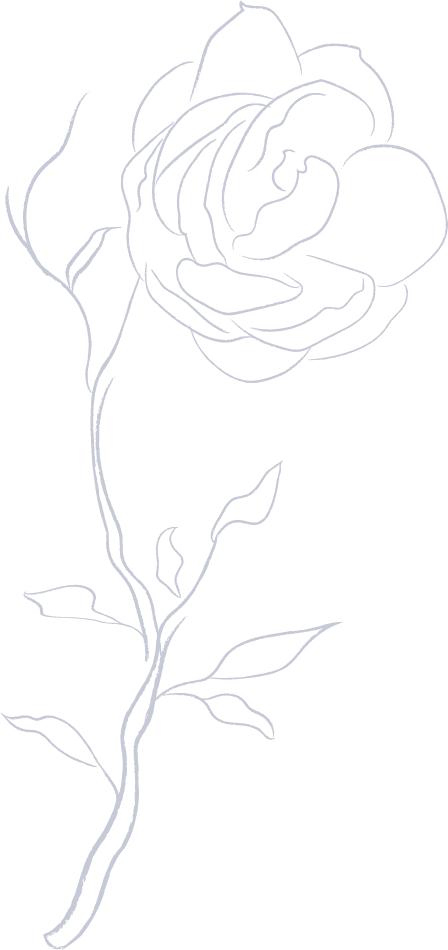The Ideal Age for Rhinoplasty
Nasal Growth and Maturity
One of the primary rhinoplasty age considerations is ensuring that the patient’s nose has reached its adult size before undergoing surgery. In general, nasal growth and maturity occur around the ages of 15 to 16 for girls and 16 to 17 for boys. Performing rhinoplasty before the nose has fully developed can lead to unpredictable results and may require additional surgery in the future.
Emotional Maturity
Aside from physical maturity, emotional maturity is another important factor to consider when determining the appropriate rhinoplasty age. Patients should have a clear understanding of the procedure, realistic expectations for the outcome, and the ability to cope with the emotional aspects of surgery and recovery. A consultation with a qualified plastic surgeon can help assess a patient’s emotional readiness for the procedure.
Rhinoplasty in Younger Patients
Addressing Functional Issues
In some cases, younger patients may require rhinoplasty to address functional issues, such as a deviated septum or breathing difficulties. In these situations, the surgery may be performed before the nose has reached full maturity, as the benefits of improved nasal function outweigh the potential risks associated with operating on a developing nose.
The Importance of Support and Guidance
For younger patients considering rhinoplasty, the support and guidance of parents or guardians are crucial. Open communication between the patient, their family, and the surgeon is essential to ensure that the decision to undergo surgery is well-informed and made in the best interest of the patient.
Rhinoplasty in Older Patients
Age-Related Changes and Rhinoplasty
As people age, the nose may undergo changes in shape and structure, such as drooping or widening of the nasal tip. Rhinoplasty can be performed on older patients to address these age-related changes, restoring a more youthful and balanced appearance to the face. It’s important to note that older patients may experience a slightly longer healing process due to age-related factors, such as reduced skin elasticity and slower tissue regeneration.
Combining Rhinoplasty with Other Procedures
For older patients considering rhinoplasty, it’s not uncommon to combine the procedure with other facial rejuvenation surgeries, such as a facelift or eyelid surgery. This approach can provide comprehensive facial rejuvenation and achieve more harmonious results. A consultation with a plastic surgeon can help determine the most suitable combination of procedures for each patient’s unique needs and goals.
Age-Related Risks and Precautions
Medical History and Overall Health
Regardless of the patient’s age, a thorough evaluation of their medical history and overall health is essential before undergoing rhinoplasty. Certain medical conditions or medications can increase the risk of complications during and after surgery. A comprehensive assessment by the surgeon will help identify any potential risks and determine if the patient is a suitable candidate for the procedure.
Realistic Expectations
Setting realistic expectations is crucial for patients of any age considering rhinoplasty. It’s essential to understand that while the surgery can significantly improve nasal appearance and function, it cannot achieve perfection or completely change one’s appearance.
Selecting the Right Surgeon for Your Age Group
Experience with Age-Specific Rhinoplasty
When choosing a surgeon for rhinoplasty, it’s essential to select someone experienced in performing the procedure on patients within your age group. A surgeon with expertise in age-specific rhinoplasty will understand the unique challenges and considerations associated with operating on younger or older patients and be better equipped to achieve optimal results.
Certification and Specialization
As with any cosmetic procedure, selecting a plastic surgeon or facial plastic surgeon who specializes in rhinoplasty is crucial. Board certification ensures that the surgeon has undergone rigorous training and adheres to high standards of excellence in their field. Additionally, a surgeon who specializes in rhinoplasty will have extensive experience and knowledge of the procedure, which can contribute to better outcomes and patient satisfaction.
Age considerations play a significant role in determining the appropriate timing and approach for rhinoplasty. Whether you are a younger patient seeking to improve nasal function or an older patient looking to address age-related changes, understanding the unique factors associated with your age group is essential for a successful outcome. By selecting a qualified and experienced surgeon, maintaining realistic expectations, and carefully considering your age and overall health, you can achieve the best possible results from your rhinoplasty procedure.

